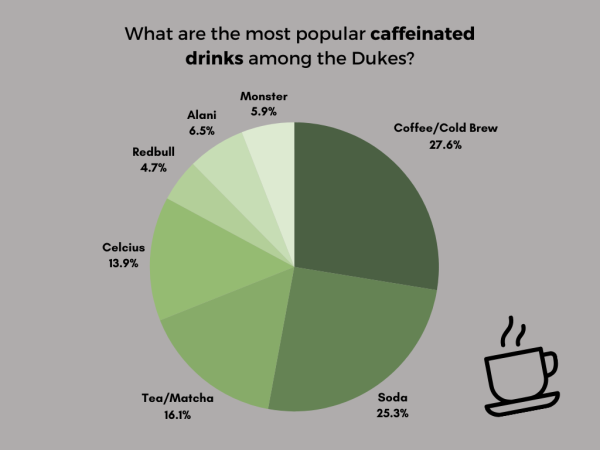Scientists, doctors, environmentalists say, “eat without meat”
Over the past year or so we’ve been revisited by the ‘70s in the forms of crop tops, flare jeans, and fringe boots. Trends come and go; they cycle in and cycle out year after year. But this doesn’t just apply to fashion.
Enter vegetarianism: the plant-based, meatless diet which brought us humans to life hundreds of thousands of years ago.
It’s coming back in style. With the help of doctors, environmentalists, and die-hard animal rights activists, light is being shined onto the diet atop a sturdy foundation of groundbreaking studies.
Back in July, cardiologist Kim A. Williams, M.D. wrote a guest article on medpagetoday.org discussing his positive health transformation as a direct result of his switch to veganism–a lifestyle excluding all animal products whatsoever.
This diet overhaul came about after it was made clear to Williams he needed to change something to protect his cholesterol, he wrote. It was at 170, despite the fact that he made a point to avoid red meat and fried foods, as well as consuming “little dairy, just chicken breast and fish.” Williams, however, found in a study that chicken has more cholesterol content than red meat. He had his culprit.
“Everyone has one food that they swear they could never give up but the truth is, you can change any habit,” Kristin Kirkpatrick, M.S., R.D., L.D. wrote in an article in the Huffington Post. And the habit of eating meat proves to be an unhealthy one.
Findings in a study done by JAMA Internal Medicine present a trend of higher blood pressure among meat eaters compared with vegetarians, “suggest[ing] that high dietary [meat] protein intake may be detrimental to blood pressure,” their website said.
Conversely, vegetarianism health benefits are numerous. According to American Dietetic Association, the diet lowers the risk of death from ischemic heart disease; vegetarians also appear to have lower cholesterol levels.
Their blood pressure is lower, their rates of hypertension and type 2 diabetes are lower, and body mass indexes of vegetarians tend to be lower than those of meat-eaters.
Additionally, swapping meat for a diet rich in plants has been shown by several studies to reduce the risk of heart disease, the country’s leading cause of death.
Enough with the numbers. People don’t just ditch their favorite meats for bragging rights about who has the lowest risk of cancer.
Mrs. Parr, a York science teacher and vegetarian, said that since adopting the diet, she has felt physically better than before.
“It forced me to eat more fruits and vegetables, and to get my protein from things like soy and beans. Plus, I get sick less.”
Fellow science teacher and avid vegetarian, Ms. Moss, agrees.
“I have more energy than I did when I was eating meat,” said Moss. “It seems like I digest food faster. I’m more positive because even though I’m one individual I feel like I’m making a positive impact.”
Indeed, vegetarians make quite a difference for our planet. As it turns out, meat isn’t only unsafe for the human body; when one patronizes the meat industry, one is making a big decision for the rest of the world.
And on this scale, nothing goes unnoticed.
“I have a lot of reasons [for being vegetarian],” said Moss. “How [the meat industry] destroys riverbeds, the increase in methane in the environment…we don’t see the impacts we’re having, and I think it’s bigger than we imagine it is.”
A seminar given at University of California, Irvine, discussed this exactly.
“Cattle contribute to water pollution,” the document reads. “Cows are routinely washed and the runoff containing manure enters the sewage system. This infiltrates high levels of nitrates to the water. When drank, this prevents oxygen circulating in the bloodstream.”
Regarding the increase in the environment’s methane, animal agriculture accounts for about 100 million tons of methane a year, according to EarthSave.com.
The United States Environmental Protection Agency said that beef production alone contributes about 58 percent of that total, the largest portion out of all animal agriculture.
If one person can help make this mess, it should be that one person can help clean it up.
“I think that we can eat a lot less meat than we do,” Moss said. “Cutting down to having meat dinners to maybe once or twice a week could be attainable for more people.”
Veggie burgers have been appearing more frequently on menus and Chicago even has a full array of strictly vegetarian and strictly vegan restaurants.
“It’s becoming easier to find meatless options,” said Parr.
Eventually, the decision to eat without meat is personal; no amount of information or persuasion can change a person’s ways if the desire to change isn’t there.
However, once that desire is established, the switch, according to Moss, “really isn’t hard.”












